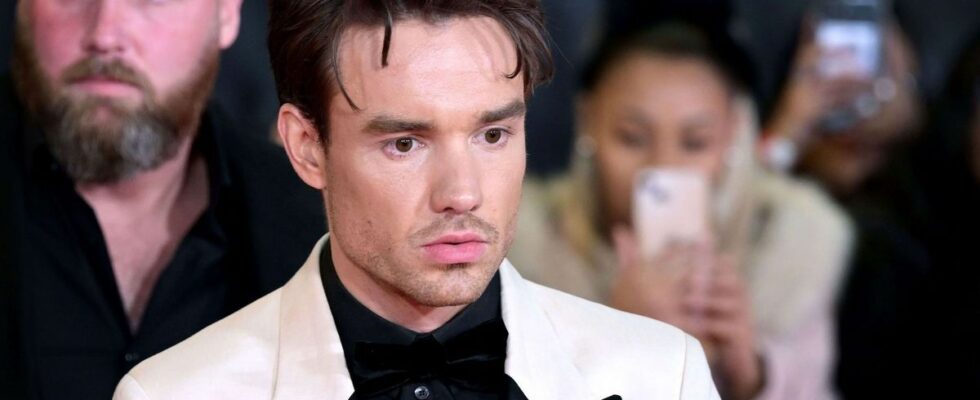Published on
updated on
Reading 3 min.
in collaboration with
Amélie Boukhobza (Clinical psychologist)
Liam Payne, former member of One Direction, died on Wednesday after falling from the third floor of a hotel. If the theory of suicide is not ruled out, how can we explain such an act? Amélie Boukhobza, clinical psychologist, gives us some answers.
Liam Payne, iconic singer of One Direction, died this Wednesday, October 16. He was found lifeless at the foot of a hotel in Argentina, after having “jumped from his bedroom balcony“.
Liam Payne reportedly ‘was under the influence of drugs or alcohol’
While he was staying for several days in a hotel in Buenos Aires, in the Palermo district, Liam Payne fell over his balcony and suddenly crashed to the ground.
According to Alberto Crescenti, head of the medical team who recorded his death, the singer had a fall “about thirteen or fourteen meters” and presented “very serious injuries following his fall“.
The songwriter and guitarist could not be resuscitated when help arrived.
The authorities on site noted “the death of this man” who appears to have been “under the influence of drugs or alcohol“, they detail in a press release.
In fact, shortly before the tragedy, the hotel manager had called the emergency services to complain about the singer’s risky behavior.
“We have a drunk and drugged client. […] He’s destroying everything in the room. We need to send someone urgently because I don’t know if the guest’s life is in danger, because he is in a room with a balcony, and we are afraid that he will do something or wait to his life“.
Then, the emergency services contacted the Buenos Aires police to question them about this man’s case, “aggressive “and potentially drugged.
A worrying behavior, confirmed by his ex-girlfriend, Maya Henry.
“I know his lifestyle and I know that one day something bad will happen to him“, she assured.
If the theory of suicide remains to be confirmed, everything nevertheless suggests that Liam Payne tried to end his days by jumping from the balcony. Faced with the situation, Amélie Boukhobza, clinical psychologist, emphasizes that suicide is not systematically an intentional or planned act.
“I usually say that it’s not a choice. That it’s like the chain of the bicycle that goes off the rails. That is to say that at one point, the discomfort is such that the suicide is required”, she confides.
Of course, the question of status can also come into play. In the case of Liam Payne, the singer was struggling to bounce back after enjoying phenomenal success with the group One Direction.
“This form of celebrity in decline is not a simple decline in popularity. It is the loss of an entire identity, as if the public persona had taken over the person themselves. This decline can therefore be experienced as a dizzying fall, a void which gives way to despair. The pressure from all these celebrities is enormous, especially to stay at the top. We don’t necessarily realize it. And for some, the fall can be unbearable. We know the depressive episodes that certain stars can experience between two projects for example, but the dismay faced with the loss of recognition, we think less of it even though this detail can push it to tragic extremes. she says.
What about alcohol? Can it be a disinhibition factor?
Yes, confirms the expert.
“It’s a powerful disinhibition factorwhich alters judgment, blurs reference points and, in moments of fragility, it can also facilitate or at least precipitate the act. What seemed impossible to envisage in action can, under the influence of alcohol, become an accessible, almost inevitable outcome. Especially since in these moments, alcohol not only disinhibits, it amplifies emotions, including and especially the darkest ones. So everything combined can create an explosive cocktail, especially among personalities prey to inner suffering that fame is no longer enough to soothe,” she concludes.

